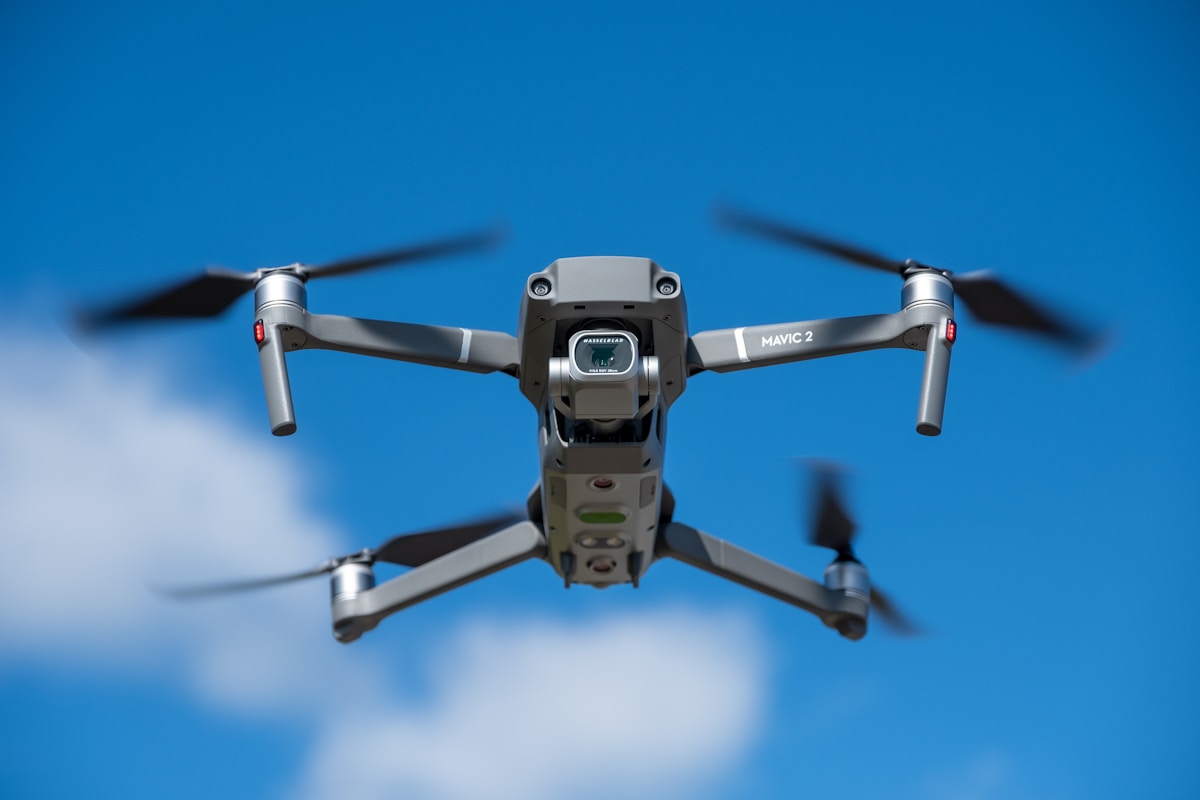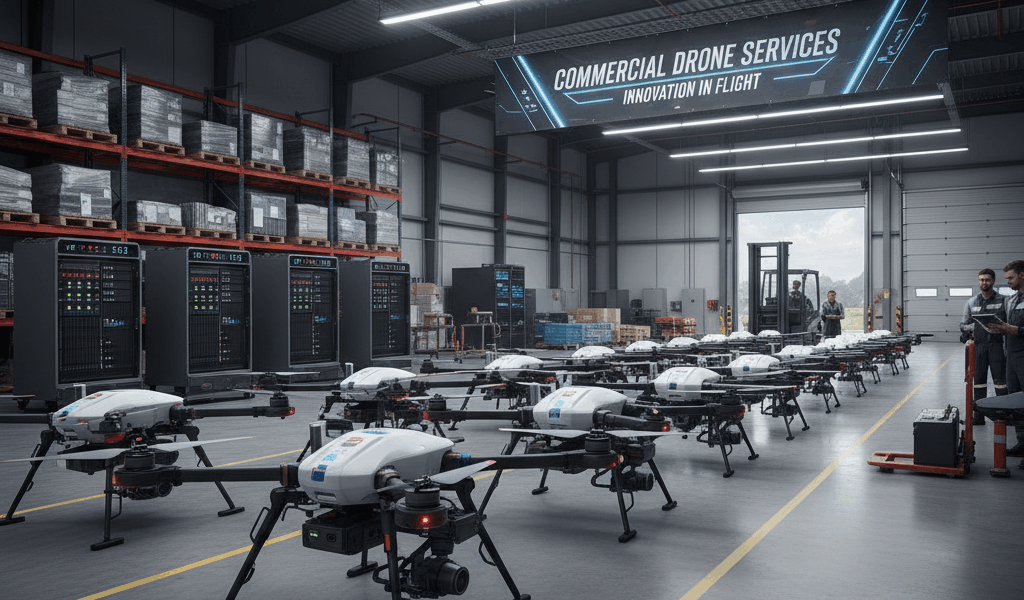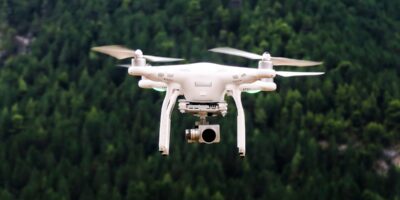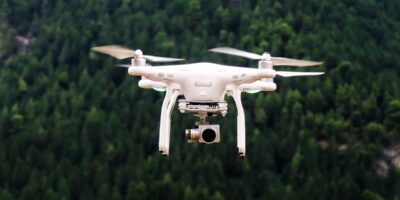Drone Industrial Drone Services guidance has gotten complicated with all the outdated regulations and conflicting advice flying around. Here’s what you actually need to know.
Industrial Drone Services
Industrial Drone Services
Industrial drone services have transformed various sectors. They provide efficiency, accuracy, and cost-saving solutions. This article explores key areas where drones are making a significant impact.

Inspection and Maintenance
Drones are being utilized for inspection and maintenance in industries such as oil and gas, power lines, and wind turbines. They offer a safer alternative to manual inspections in hazardous environments. Equipped with high-resolution cameras and thermal imaging, drones can detect anomalies and monitor structural health. This allows for preventive maintenance and reduces downtime for repairs.
Surveying and Mapping
Surveying and mapping benefit greatly from drone technology. Traditional land surveying methods are time-consuming and labor-intensive. Drones equipped with LiDAR and other sensors can cover large areas quickly. They collect data with high precision, which is then processed into detailed maps and 3D models. This is particularly useful in construction, mining, and agriculture.
Agricultural Applications
In agriculture, drones are revolutionizing crop monitoring and management. They provide farmers with vital information about crop health, soil conditions, and irrigation needs. Drones can identify pest infestations and diseases early, allowing for timely interventions. They also assist in precision farming by delivering targeted applications of fertilizers and pesticides, reducing waste and environmental impact.
Delivery Services
Drones are increasingly being used for delivery services. They offer a faster and more efficient alternative to traditional logistics methods. Pharmaceutical companies are using drones to deliver medicines and vaccines to remote areas. E-commerce giants are testing drone delivery to reduce shipping times. This technology is also helpful in disaster relief, providing aid to hard-to-reach locations.
Wildlife and Environmental Monitoring
Drones play a crucial role in wildlife and environmental monitoring. They can track animal movements and migration patterns without disturbing the wildlife. Drones are also used in conservation efforts, such as monitoring deforestation and illegal poaching activities. Environmental agencies employ drones to assess damage from natural disasters and to monitor water and air quality.
Security and Surveillance
Security and surveillance industries utilize drones for various purposes. They provide real-time surveillance and monitoring of large areas, both commercial and industrial. Drones are equipped with advanced cameras and night vision capabilities, making them effective in perimeter security. They are used in border patrol, large public events, and even in law enforcement for crowd control and crime scene investigation.
Filmmaking and Photography
The entertainment industry embraces drone technology for filmmaking and photography. Drones provide unique aerial perspectives that are impossible or expensive to achieve with traditional methods. They are used in creating stunning visuals for movies, commercials, and documentaries. The affordability and flexibility of drones have democratized aerial photography, allowing independent filmmakers and photographers to produce high-quality content.
Challenges and Regulations
Despite the benefits, industrial drone services face several challenges. Regulations vary significantly across regions, affecting the deployment of drones. Operators must comply with rules regarding airspace, privacy, and safety. There is also a risk of collision with other aircraft, which necessitates advanced sensors and collision avoidance systems. Ensuring cybersecurity and protecting data from breaches is another critical concern.
Future Prospects
The future of industrial drone services looks promising. Advancements in artificial intelligence and machine learning can enhance the capabilities of drones, making them more autonomous and efficient. Improvements in battery technology will extend flight times and payload capacities. Integration with other technologies like the Internet of Things (IoT) can provide more comprehensive solutions for industries. The ongoing reduction in costs will likely make drone services accessible to a broader range of industries.
Training and Certification
Proper training and certification are essential for drone operators. Various training programs are available that cover the technical aspects of drone operation, safety protocols, and regulatory requirements. Certification ensures that operators are proficient in handling drones and can mitigate risks associated with drone operations. Continuous education is also necessary as technology and regulations evolve.
Insurance for Drone Operations
Insurance is an important aspect of industrial drone services. It covers potential liabilities arising from accidents or damage caused by drones. Policies can vary, covering aspects such as third-party liabilities, property damage, and even loss of drone equipment. Businesses must assess their specific needs and ensure adequate coverage for their operations.
Case Studies
Several case studies highlight the successful application of industrial drone services. In one instance, a mining company used drones to monitor stockpile volumes and optimize their operations. The efficiency and accuracy of drone surveys saved time and resources. Another example is the use of drones in agriculture for crop health monitoring, resulting in a significant increase in yield and reduction in input costs.


